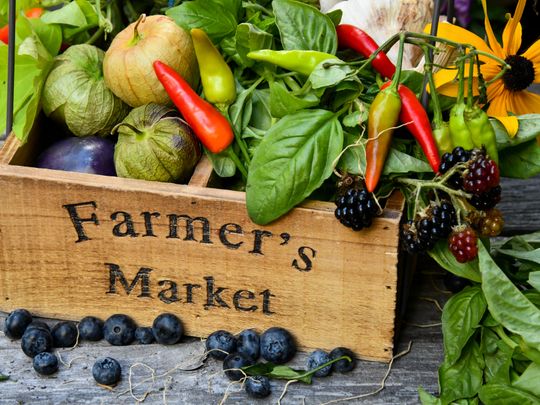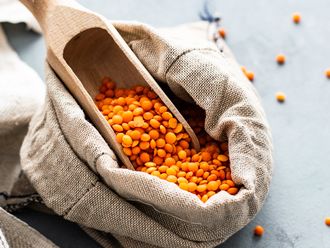
When you’re on your weekly grocery run, do you keep an eye out for local foods and produce?
Click start to play today’s Spell It, where we discover how eating ‘local’ has numerous benefits for our bodies, the economy, and the environment.
The movement to buy from neighbourhood or regional farmers has grown enormously over the past decade, around the globe. Here are some reasons why it’s worth looking for homegrown produce when you’re in the supermarket:
1. It’s fresher
Since it doesn’t have to travel long distances, and is harvested just a day or two before it lands up in your cart, local food is often extremely fresh. Some fruits and vegetables stay longer on the vine, allowing them to ripen far more than if they had to travel from other countries to the supermarket. This extra time allows them to become sweeter, juicier and tastier. It eventually results in fantastic meals, because fresh food always tastes better, as many chefs and home cooks would testify.
2. It’s often more nutritious
According to a report in Canada-based McGill University’s website, several factors impact the nutritive value of produce, from crop variety and how it’s grown to ripeness at harvest, storage, processing and packing. It’s well known, however, that produce such as broccoli, kale, red peppers and tomatoes undergo nutrient loss when they are harvested and transported from longer distances – unlike hardier fruits and vegetables like apples, oranges and carrots, which maintain their nutrients. So, it’s worth learning more about which produce is best bought locally, before you head to the supermarket.
3. It benefits the environment
Local food travels a shorter distance to markets, than produce that comes from other regions, so it generates fewer carbon emissions. Often, if there are farmer’s markets in your community, the food you find there comes without packaging, or in paper bags. This equates to less waste, and minimal plastic packaging. And most importantly, fresh, local produce doesn’t undergo processing, which preserves the food but contributes to waste.
Do you shop local at the supermarket? Play today’s Spell It and tell us at games@gulfnews.com.








